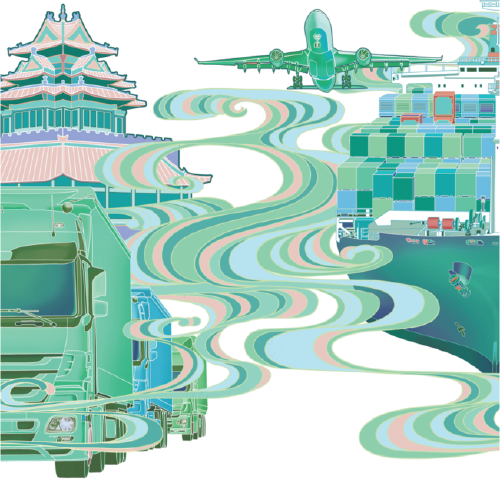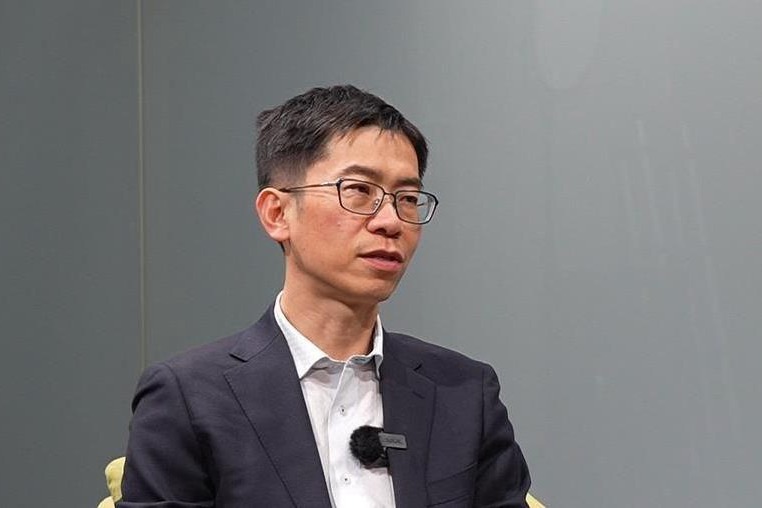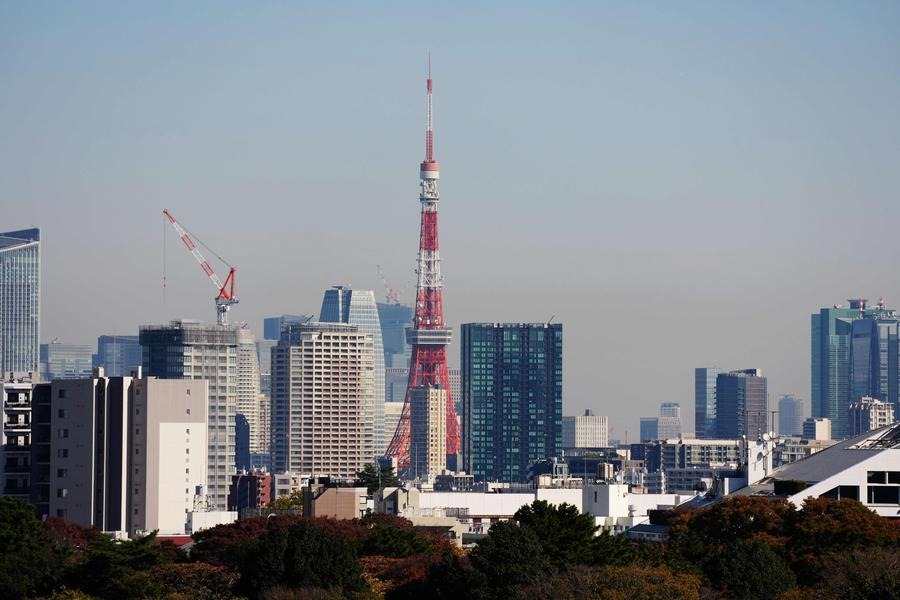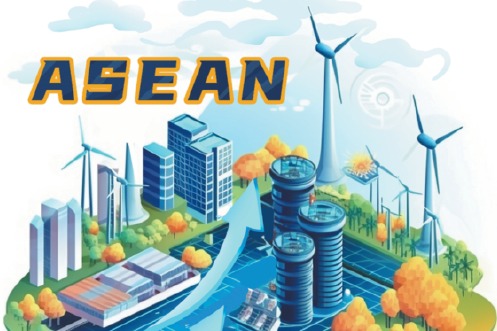Global cooperation in a changing world
The world might soon return to the original rules-based order that was established with the defeat of fascism and the establishment of the UN


The foundations of the modern global rules-based order were laid 80 years ago with the defeat of fascism and the establishment of the United Nations. The intention was to establish the framework for resolving conflict and fostering development.
The United States' "America First" agenda sabotages these aspirations, supplanting them with plutocratic anarchy designed to reward a select coterie of servile countries.
Often disparaged as ineffective, the 17 agencies established by the UN, including the World Health Organization, the UN International Children's Emergency Fund and the UN Educational, Scientific and Cultural Organization, have changed the world in ways that the US administration does not acknowledge.
Some of their most important development works were done in what was then called the Third World. Years ago, some of these countries were still enslaved under the yoke of exploitative colonialism where poverty and disease were seemingly intractable facts of life. UN agencies achieved major milestones, including the virtual elimination of diseases that had plagued civilization for centuries.
The success of these programs fostered the emergence of the Global South. Their aspirations challenged the UN to adjust the application of the rules-based order to acknowledge the growing independence of the Global South that could no longer be disparaged as the wretched Third World.
China and Russia struggled with post-war reconstruction, unassisted by anything that resembled the Marshall Plan in Europe. This enabled the US-led West to establish the World Bank, the International Monetary Fund, the original General Agreement on Tariffs and Trade, later to become the World Trade Organization, in the image of the West to do their political bidding.
These captured blocs were backed by regional security arrangements of which NATO is the most enduring. These are the foundations of the so-called global rules-based order the US administration is now intent on destroying.
The US is discarding this version of global governance precisely because the modern world of China and the Global South are exploring their development paths in their own way. The US can no longer dominate, manipulate or use the agencies of the UN to maintain US hegemony.
Two features challenge the legitimacy of the current global rules-based order. These challenges have triggered the "America First" policy, which is designed to cripple existing regional trade and security arrangements.
The first is the astounding growth of China which, by several measures, is now the second-largest economy in the world. The second feature is the morphing of the Third World into the more sophisticated and capable Global South.
For China, the anti-Fascist struggle began with the Japanese invasion in 1931. Resistance was further complicated by the civil war, so China faced a delayed and much more difficult recovery period following the defeat of Japanese fascism.
China's accession to the WTO in 2001 was a tonic that helped diversify a growing economy and drive it toward both self-sufficiency and the technological advances that today define China. China developed rapidly, but the agencies based on the US-dominated global rules-based order did not want to acknowledge this.
The US may believe that cooperation with the US means compliance with US directives, demands and policy objectives. It was an early iteration of the "America First" agenda.
The US government believes this objective can only be achieved by an overthrow of the existing structures with an explicit "America First" strategy that is an antithesis of the UN framework for resolving conflicts and fostering development.
The US wants to maintain its hegemony and assumes that China wants to take it away from them. China, without any hegemonic intent, wants to help shape the operating processes of the global rules-based order to bring benefits to Global South countries with recognition of China's significance. China works closely with the UN to achieve these objectives.
In 2021, President Xi Jinping outlined the Global Development Initiative and found ready support from the Global South. The US, along with its allies in the West, worried that the Global South was becoming a force that could not be conveniently ignored, or subverted or nullified with sabotage and covertly supported coups.
There was increasingly a momentum to adjust operations to recognize the changed roles taken by China and the Global South.
The US may believe this is an existential threat to its global dominance. They cast trade as a global and regional security issue. This sense of insecurity drives the US' retreat from the global rules-based order and from the UN as the instrument of global engagement and development. As the result, the US has decided to substitute an environment where trade takes place according to the rules and whims of its leader.
However, the US' tariffs bluster overstates the US' importance to the world economy. Part of the economic growth of the future comes from the Global South. China understands the struggles and aspirations of other Global South countries and is actively working with them to expand economic prosperity.
Initiatives and agreements such as the Global Development Initiative and the Regional Comprehensive Economic Partnership, cooperation platforms such as the Association of Southeast Asian Nations, APEC and the Shanghai Cooperation Organization, all represent a framework of economic development that is not solely dependent on the US for success. The development of alternative trade dispute settlement mechanisms, of more efficient cross-border trade settlement processes and infrastructure development support delivered through the UN and its agencies stand as the modern alternative to the destructive US version of unilateralism.
The path may not be smooth but nor will it lead to obeisance to the US. With the collective efforts, it may return to the original foundations of the global rules-based order for resolving conflicts and promoting development that were laid with the defeat of fascism and the establishment of the UN.

The author is an international financial technical analysis expert and a former national board member of the Australia China Business Council. The author contributed this article to China Watch, a think tank powered by China Daily.
Contact the editor at editor@chinawatch.cn.
































